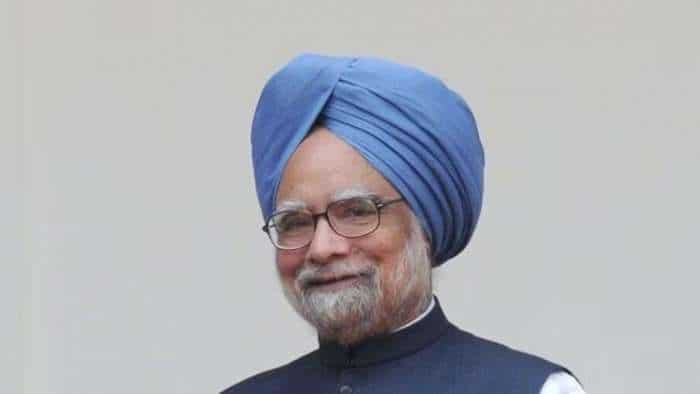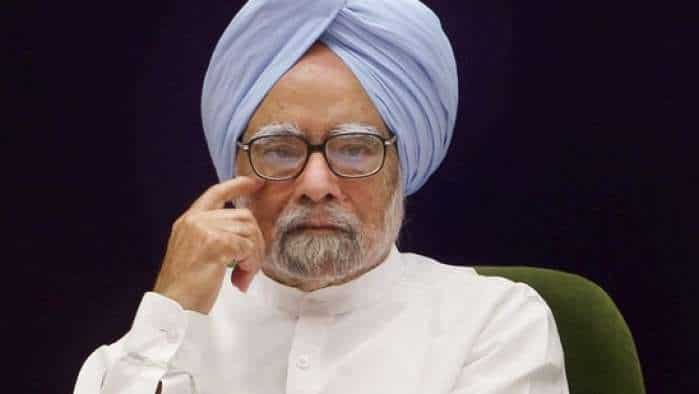Are you spending too much? The thumb rule that helps you decide
The ideal attitude to savings was best summed up by Warren Buffett, “Do not save what is left after spending; instead, spend what is left after saving”.

Spending too much money can be a common problem for people. It is easy to get caught up in the moment and make impulsive purchases, but these can add up and lead to financial strain or even debt. But how exactly you can decide whether you are overspending or not?
According to Ronit Harisingani - Ceo and founder of Spare8 - a simple thumb rule that can help you decide whether you are spending too much is to consider whether your purchases align with your values and long-term goals. For example, if you value financial stability and saving for the future, then spending large amounts of money on non-essential items might not align with your goals.
Another way to decide if you are spending too much is to track expenses and create budgets.
"This can help you see exactly where your money is going and identify areas where you might be overspending. It's important to be honest with yourself when creating a budget and to include all of your expenses, including non-essential items like entertainment and dining out," Harisingani said.
How to save money and not overspend?
The ideal attitude to savings was best summed up by Warren Buffett, “Do not save what is left after spending; instead, spend what is left after saving”.
According to Nehal Mota, Co-Founder & CEO, Finnovate - one must first spend on his or her needs.
"Needs are absolute necessities like food, clothing shelter, education and healthcare. Once your needs are taken care of, save 30 per cent of the balance. Once that is done, you move to wants," Nehal Mota said.
"Wants are desires, which come behind needs, but they are not show-stoppers. There is a beautiful litmus test to distinguish between need and want. If you delay spending on a need, it gets more intense. However, if you delay spending on a want, it gets less intense. Beyond wants come luxuries and for most people that is more an issue of social standing and peer group acceptance than anything else. People normally wonder when to start saving and how much. The answer is to save 30 per cent of your residual income after your needs are met," Nehal added.
Also in an era when we all have EMIs for our home and car, it is best to keep monthly EMIs between 40 per cent and 45 per cent of your total income.
Get Latest Business News, Stock Market Updates and Videos; Check your tax outgo through Income Tax Calculator and save money through our Personal Finance coverage. Check Business Breaking News Live on Zee Business Twitter and Facebook. Subscribe on YouTube.
RECOMMENDED STORIES
08:47 PM IST











 Xpertnest’s $1 million investment fuels BharatEarns’ growth in India’s financial ecosystem
Xpertnest’s $1 million investment fuels BharatEarns’ growth in India’s financial ecosystem Net inflows in SIPs up 233% in India this year, mutual fund industry sees 135% growth
Net inflows in SIPs up 233% in India this year, mutual fund industry sees 135% growth FPIs return to Indian equities; infuse Rs 22,766 crore in first two weeks of December
FPIs return to Indian equities; infuse Rs 22,766 crore in first two weeks of December BrightNight plans Rs 15,000 crore investment in Rajasthan
BrightNight plans Rs 15,000 crore investment in Rajasthan  Silver ETFs to garner upbeat demand amid geopolitical uncertainty and inflationary pressure: ICRA Analytics
Silver ETFs to garner upbeat demand amid geopolitical uncertainty and inflationary pressure: ICRA Analytics